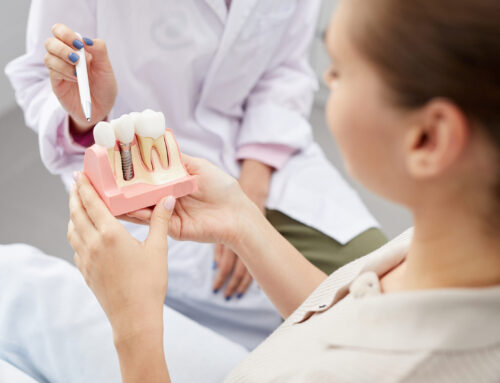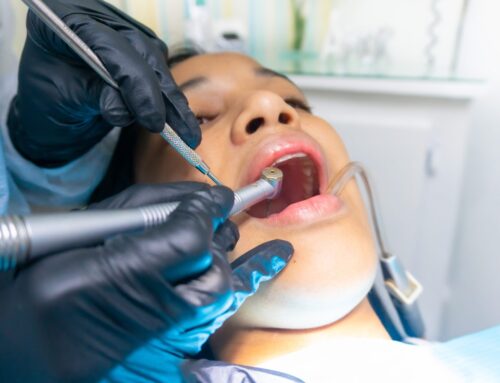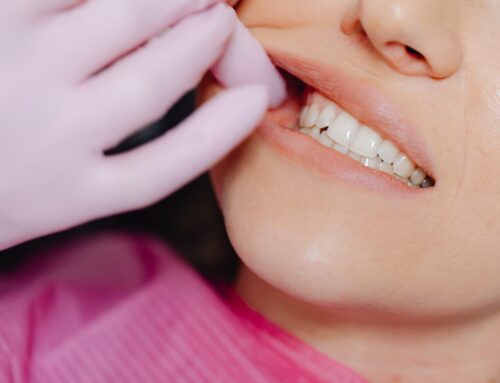Cracked teeth are a common occurrence and issue that takes place due to stress, anxiety, and even calcium deficiency. With increased stress and anxiety in today’s busy modern world, more and more people are experiencing the issue of cracked teeth. However, some effective solutions and treatments can cure cracked teeth. Following are some more details on what causes cracked teeth, what the symptoms are, and how they can be cured:
What are Cracked Teeth?
The term “bruxism” refers to the frequent grinding or clenching of teeth. This may occur while you’re sleeping or when you’re stressed. Children are more susceptible to bruxism than adults. People who are highly competitive or physically active may also be more likely to grind or clench their teeth, which can harm them. Medicines and medical conditions may also influence the prevalence of bruxism in certain dental patients.
Infections can attack the inside of the tooth if it is cracked or chipped due to excessive pressure or back-and-forth motion. Furthermore, teeth grinding can disrupt the posture of your jaw, lead to excruciating migraines, and create discomfort in your neck, face, or jaw.
How to Stop Grinding Teeth?
For most people, minimizing stressful events as much as possible can lower their risk of developing bruxism. The risk of teeth clenching and grinding is known to rise with smoking. The likelihood that you may grind your teeth throughout the day is further increased by drinking alcohol, particularly under stressful circumstances. You can lower your risk of hurting your teeth from bruxism and alleviate stress at work by taking breaks to unwind and breathe.
How Can a Dentist Help?
The dentists will consult with you to choose the alternatives that are best suited to your requirements. They can even make specialized dental equipment to stop nighttime teeth grinding from harming your teeth.
What is TMJ (Temporomandibular Joint) Syndrome?
Whenever the jaw’s muscles and bones are harmed by an accident or frequent brushing, it causes TMJ syndrome. The following are a few of the TMJ syndrome’s most typical symptoms:
- Stiffness or pain in the jaw, face, shoulders, neck, or area next to the ear.
- Trouble eating or opening the mouth
- Inflammation of the jaw
- Opening or closing the mouth may cause discomfort or clicking.
- A big modification to your bite
How Can Mouth Guards Protect Your Teeth?
Wearing personalized dental equipment like a dental guard when you sleep at night is intended. These tight, properly fitting trays are made to fill the space among your top and bottom teeth, protecting your tooth enamel from future bruxism-related harm. Although a night guard cannot stop you from clenching or crushing your teeth, it can stop any more damage that has already been done.
The dislocation of your jaw can frequently be reduced with a personalized mouth guard. This may help you speed up your recovery and lessen the pain from TMJ dysfunction. Customized mouth guards are more comfortable and long-lasting than the occasionally cheaper substitutes sold by pharmacies or online.
For patients, protective equipment like mouth guards can offer a lot of advantages, including the following:
- It will be pleasant to wear a made-to-order night guard throughout the night, which can promote deeper sleep.
- A bespoke night guard will remain in position throughout the night because it is fitted to your teeth properly.
- Our dental team’s night guards may support you in managing problems with your temporomandibular joint, often known as TMJ syndrome.
Conclusion
Cracked teeth are a common occurrence. However, they can greatly affect a person’s sleep at night while also resulting in further dental issues. Getting yourself a personalized mouth guard can help you protect your teeth from severe damage from clenching. If you are looking for a dental clinic for cracked teeth and teeth clenching, contact our experts at Gentle Dentistry to have a credible and comfortable experience.




